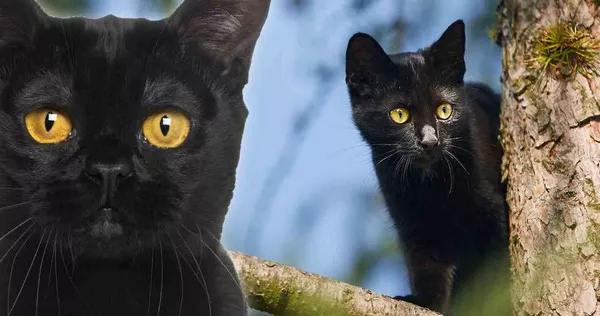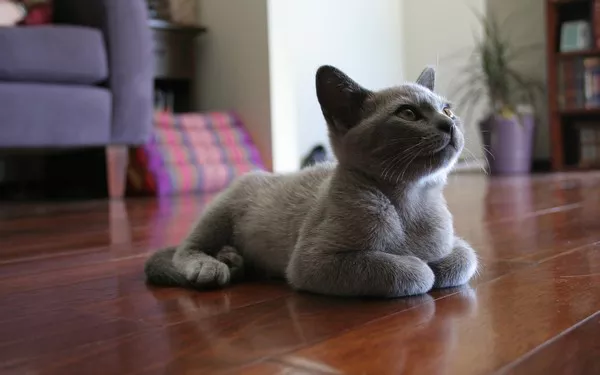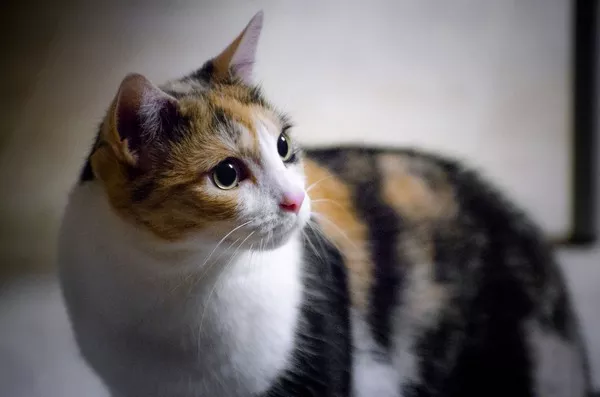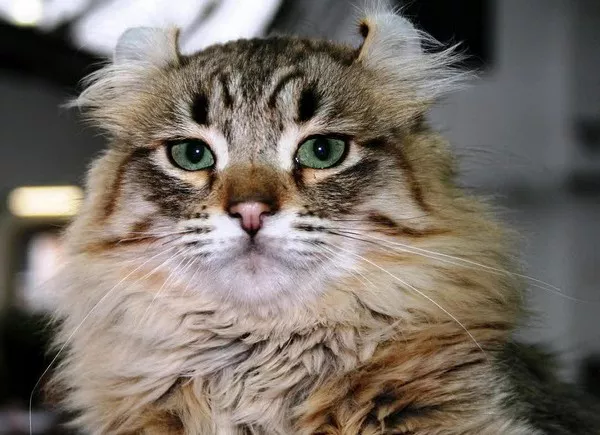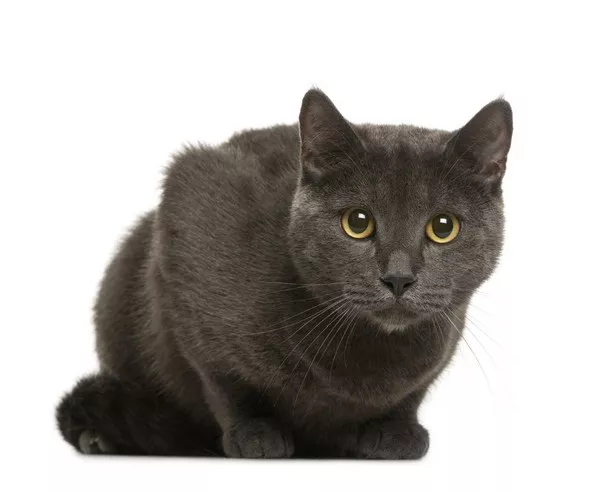Australia is grappling with a nationwide shortage of vaccines that protect cats against feline herpesvirus, calicivirus, and panleukopenia virus, causing concerns for veterinarians and animal welfare organizations. This vaccine deficit has made it challenging for local vet clinics to provide proper guidance to cat owners on the treatment and vaccination of their feline companions.
Dr. Kathryn Stalder, a local veterinary practice owner, expressed her growing concern about the situation. “Over the past few months, it has become incredibly difficult to access specific brands of cat vaccines, but in the past week, it has become apparent that there is a nationwide shortage of vaccines that protect cats against feline herpesvirus, calicivirus, and panleukopenia virus, which are core diseases that each cat needs protection from,” she stated.
Unfortunately, this problem is not expected to be short-lived. Dr. Stalder stated, “We have been informed that supplies cannot be expected until February 2024.”
As Australia enters the warmer seasons, a time known for increased breeding activity among felines, the Royal Society for the Prevention of Cruelty to Animals (RSPCA) is urging cat owners to ensure their pets are desexed and kept indoors as much as possible.
The RSPCA has issued a wide-reaching press release to explain the vaccine shortage and its implications for their animal welfare centers throughout the state. Dr. Liz Arnott, the Chief Veterinarian for NSW RSPCA, expressed major concerns due to the vaccine shortage. “Core feline vaccinations play a pivotal role in safeguarding cats from not only cat flu but also the fatal feline panleukopenia virus,” she explained.
Dr. Arnott emphasized the significance of vaccination protocols to prevent outbreaks among animals in shelters. Due to the vaccine shortage preventing the RSPCA from maintaining their vaccination protocol, the organization will not be able to accept felines into care until a regular vaccine supply is re-established.
This unfortunate situation means that strays, unwanted litters of kittens, and companion animals that can no longer be managed at home cannot be surrendered to an RSPCA facility. It is likely that other shelters and animal welfare agencies will be forced to make similar decisions since veterinary clinics cannot accept surrendered animals due to prohibitive care and staffing costs.
“The impacts of this shortage will be especially challenging in high-density environments such as shelters and catteries,” warned Dr. Stalder.
To combat the problem, cat owners are being strongly encouraged to desex their cats and restrict their movement as much as possible to prevent uncontrolled breeding and the potential for viral transmission.
“During kitten season, feline intake at RSPCA NSW increases by eight times, up to 500 kittens each week,” Dr. Arnott noted. “In just two years, a pair of undesexed cats can lead to 20,000 kittens. Desexing is vitally important to prevent unwanted pregnancies and keep your beloved feline friend healthy.”
In the face of this vaccine shortage, Dr. Stalder is taking measures to manage her current stock. “To mitigate the risks and ensure we have adequate doses for kittens, we are offering adult cats the ability to check blood titre levels to ensure continuous protection,” she stated. “Maintaining your cats indoors will further limit the risk of disease transmission.”

